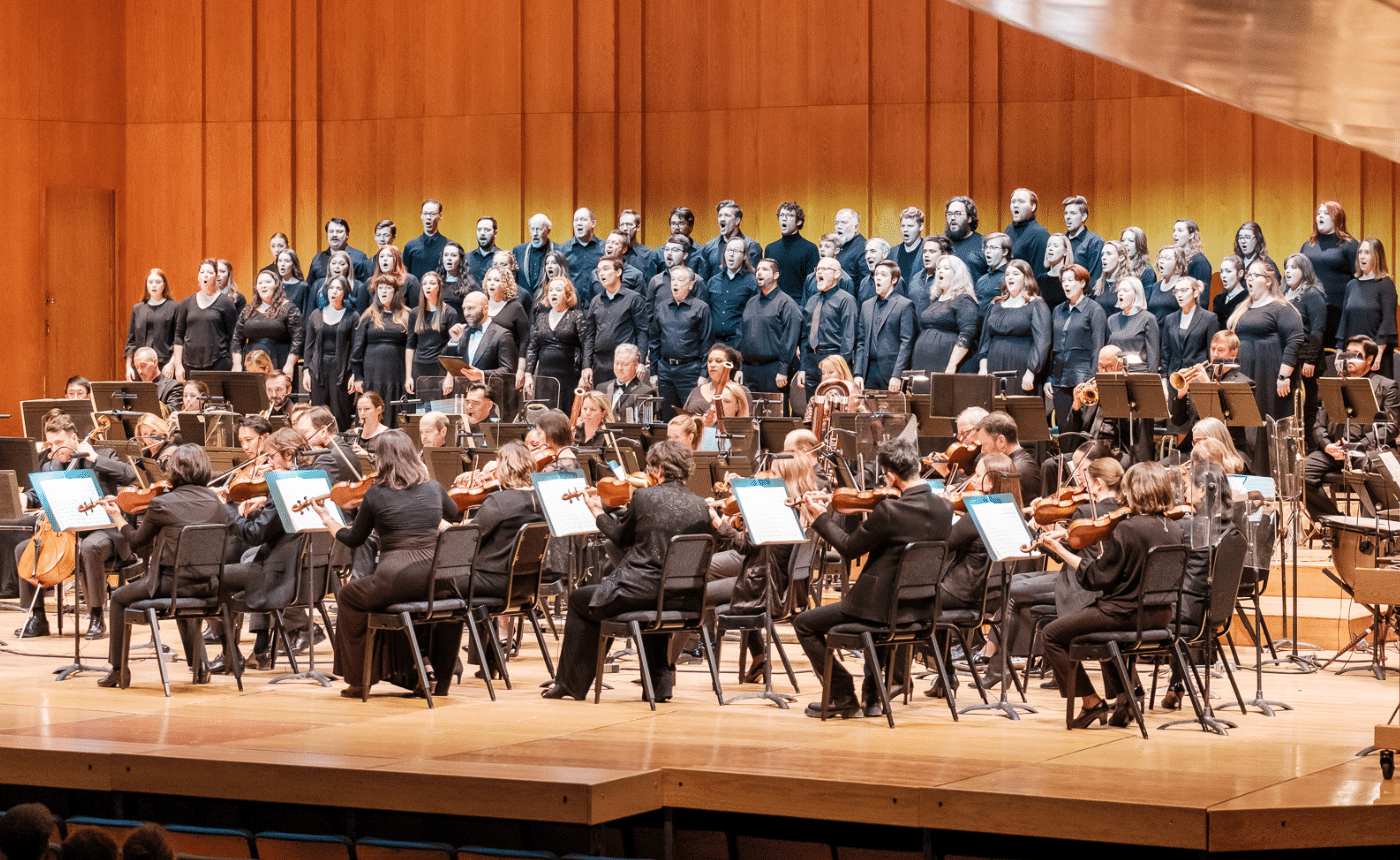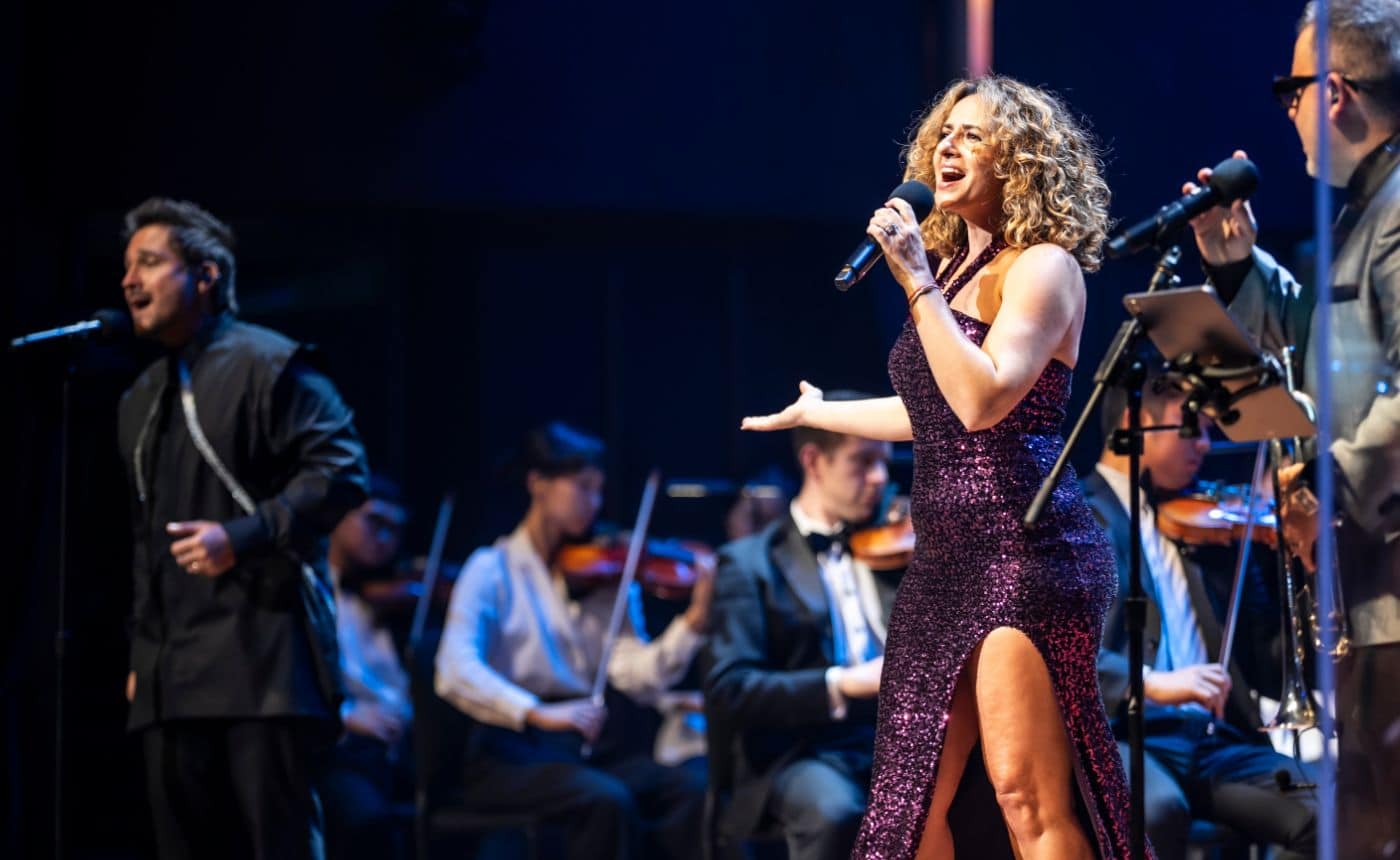Handel – Messiah
Handel: Messiah
Orchestration: 2 oboes, bassoon; 2 trombones; percussion; strings.
Background
Messiah is the most popular and frequently performed oratorio ever written; we all know and love it. Composed in an intense burst of inspiration fairly late in Handel’s career, Messiah has inspired jazz, soul and Dixieland versions. Individual choruses and solo passages have gained the familiarity of pop songs. For Handel himself and for millions of listeners it is not only a thrilling entertainment but also a deep expression of religious faith that sounds new no matter times we have heard it.
Yet it was also a commercial imperative for Handel, who was a canny entrepreneur and investor as well as a musical genius. After a hugely successful run writing and producing his own operas, Handel turned to the oratorio form when the public taste for his operas was fading. Messiah is the foremost example of what became known as the English oratorio, in which Handel combined religious texts with elements of intense drama. What exactly is English oratorio about?
At the most basic level, oratorio is religious music with a story sung by a chorus and/or soloists, accompanied by an orchestra and/or an organ. The choral forces are usually the familiar four-part SATB mix — soprano, alto, tenor, bass — that you know if you sang chorus in high school or in church, or if you watched “Glee” on television. Without their consistently religious themes and their lack of staging, many of Handel’s oratorios would be indistinguishable from his operas; in fact, some of which are religious stories. Most of his oratorios combine biblical and non-biblical texts, though Messiah is drawn entirely from the Bible.
Despite the commercial considerations that were never far from Handel’s mind, Messiah is first and foremost an expression of faith. Of the glorious melodies that pour forth from it, Handel said that the heavens seemed to open to him as he composed. As a result, Messiah has gained a household familiarity that is rare among classical compositions — especially such long ones. Once Thanksgiving is over, Messiah seems to be everywhere, in both concert and sing-along formats. With this kind of familiarity, it’s always instructive and often surprising to take a second look — especially considering that behind the gloriously hummable melodies of favorite passages like the Hallelujah Chorus and “For Unto Us,” oratorio as a genre has grown rarer in the nearly three centuries since Handel wrote Messiah.
What to Listen For
The drama and beauty of Messiah flow first from its beautiful melodies, which inspire us while capturing the revelatory emotions described in the text. But they also gain extraordinary intensity through the baroque compositional technique of “word painting,” in which the flow of notes in the music actually seems to replicate a shape or contour that the notes describe.
One frequently cited example of word painting occurs early in Part I, in the tenor aria “Every valley shall be exalted.”
Every valley shall be exalted
And every mountain and hill made low
The crooked, straight
And the rough places plain.
On the word “mountain,” the tenor’s voice rises to a high F#, creating a literal peak of sound; then it drops by an octave, showing how the mountain is made low. On “crooked,” the melodic line vacillates between the jagged C# and the straight B, coming to rest on the straight B. Similarly, the word “exalted” is raised up by an octave in its final syllable.
Messiah teems with effects like these, which deepen our experience of the text with almost palpable realism. For example, slightly later in Part I, in the chorus “And He shall purify,” note the way the articulations on the word “purify” leap like the flames of the refiner’s fire in the text. The effect of word painting can even focus on a single syllable — as when, two choruses later in “O thou that tellest good tidings to Zion,” the alto soloist leaps up a fourth on the word up: “get thee up unto the high mountains.”
For many listeners, a climactic and favorite painterly effect is the heavenly fluttering of wings when angels appear to the shepherds by night, as conveyed by arpeggios in the strings: “An suddenly there was with the angel a multitude of the heavenly host praising God, and saying…” This moment, which forms a dramatic climax about two-thirds of the way through Part I, is as graphic and immediate as a movie; think of Handel’s score as the CGI of its day.
For all of its vividness, Handel’s mastery of word painting accounts for just part of the dramatic impact of Messiah. It combines with his gift for melody and a sympathetic understanding of psychology that appeals to us in a way that is less literal, but more deeply human. When we hear the soprano soloist singing “Come unto Him, all ye that…are heavy laden,” who can fail to take comfort at the tenderness of her vocal line? Equally intense are the passages of joyful anticipation and of triumph, as in the prophecy expressed in “For unto Us” and in the glorious “Hallelujah” chorus, which so overwhelmed Handel’s contemporary audiences that, we are told, they spontaneously rose to their feet in awe — a tradition that persists to this day in many parts of the world.











